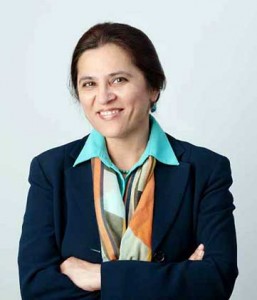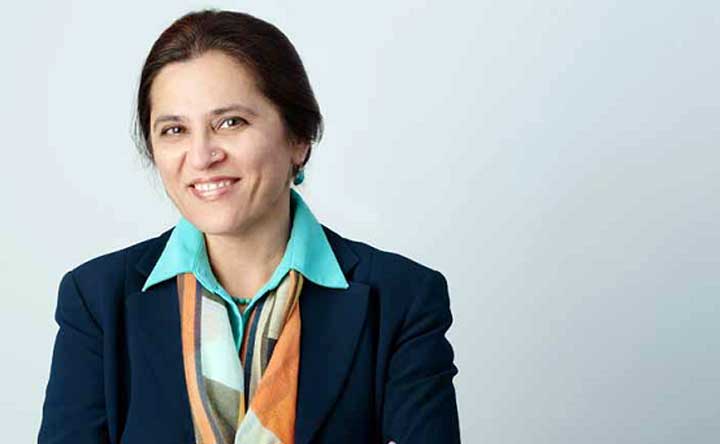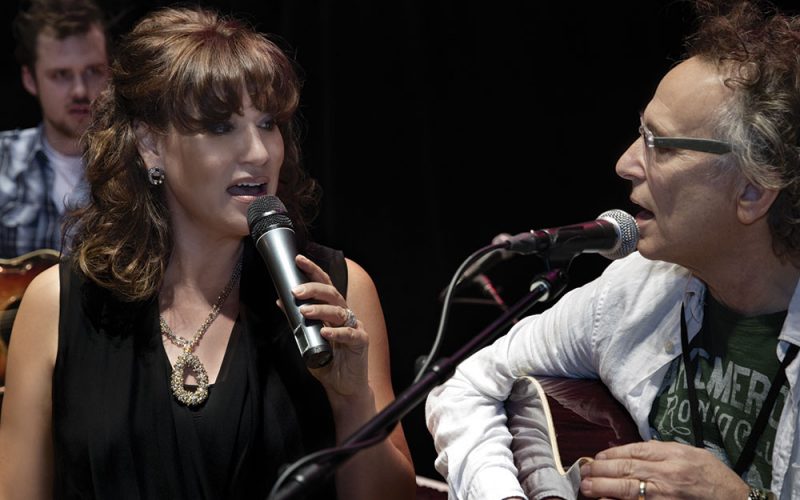
By Graeme McNaughton/Active Senior’s Digest
A trip to the doctor can be difficult enough when the matter is of a sensitive nature. It becomes even more difficult when you can’t speak the same language and have to rely on one of your children to translate for you.
This is just one of the instances of cultural divide and frustrations that can lead to elder abuse in immigrant communities.
“Elder abuse is something that happens across all cultures in all communities,” says Dr. Naila Butt, executive director of the Markham-based Social Services Network (SSN). “However, the communities that we predominantly work with, which is the South Asian community, the seniors there have some strengths but also some challenges in terms of all of the issues that are related to immigration process, the family dynamics.”
SSN works with immigrant families in the South Asian communities of York Region to help connect them with various services in the region and to provide assistance in helping them learn about their new lives in Canada.
However, one issue that comes up more frequently than Butt would like is the abuse of newly immigrated seniors, often at the hands of their own children.
She says the abuse often stems from the frustrations associated with a vastly different culture.
“The situations that they are under are unique and compounded by certain challenges like language barriers, cultural barriers, social isolation, and mental health issues,” she says. “The children, for example, are also immigrants and they’re supporting their parents. They’ve got multiple jobs and employment issues.”
In South Asian cultures, children will often live at home for much longer than in North America, with a child still living with their parents even after they’re earning money and have been married, with the expectation that when the parents become older, their
children will take care of them.
“What you see, occasionally, is that when children come here, their situation changes as well,” she says. “The family dynamics change and the expectations of the roles and the relationships, they change. So that has an impact on how the seniors perceive that this is what is happening and in some cases, it can be very difficult in terms of the children not being able to take care of their parents.”
When this frustration boils over, Butt says abuse can be the result.
While the types of abuse vary – just as it does for any elder abuse, ranging from physical to financial – there are several compounding issues facing those in the South Asian and other immigrant communities.
“Some seniors actually sell off their property and everything and come to Canada, expecting it’s going to be the same, where as when they come over, the reality is that it’s not,” Butt says. “But they’ve already disposed of everything. They have no place to go back to. In that sense, financial abuse does happen.”
Butt, an immigrant from Pakistan and now a Canadian citizen, says another issue with these communities is the language barriers facing many of the seniors who come to Canada with little to no English or French language skills.
“For senior women, what we see is that they’re dependant on their children to take them to the doctors. And then, for those seniors who can’t speak the language, when you go to a physician you need someone to translate, and it’s usually their children. And for some sensitive issues…she could find it very difficult, especially because it’s the son taking them to the doctor,” she says, adding the same barrier is there for the access of other services as well. “Sometimes, what happens is because parents don’t want to burden their children, they’ll say, ‘No, no, it’s OK.’ This is what we’ve heard.”
What SSN aims to do is help make these resources more readily available for seniors. This is done by connecting them with people who know the culture and the language to helping them overcome a barrier that often comes across.
“What we have been doing…is we have bridge workers that go out into the community, who speak the language and understand the culture. We share the information about the various resources that various providers are providing,” she says. “We also bring the various mainstream providers – like the Alzheimer’s Society, for example – and bring them to the particular place of worship or our centres and they share the information about that. We try to go to the place where the community is. That way, seniors find it easier to come.”
Another thing SSN does is organize social events, such as Zumba and yoga classes, along with birthday parties and classes for knitting and other skills, to help seniors get out of the house and meet new friends.
“They feel connected. And they have the opportunity to meet other seniors from other communities,” she says. “Sometimes when you’re alone and you don’t have anyone to talk to, you just think that you’re the only one that has these problems.”





